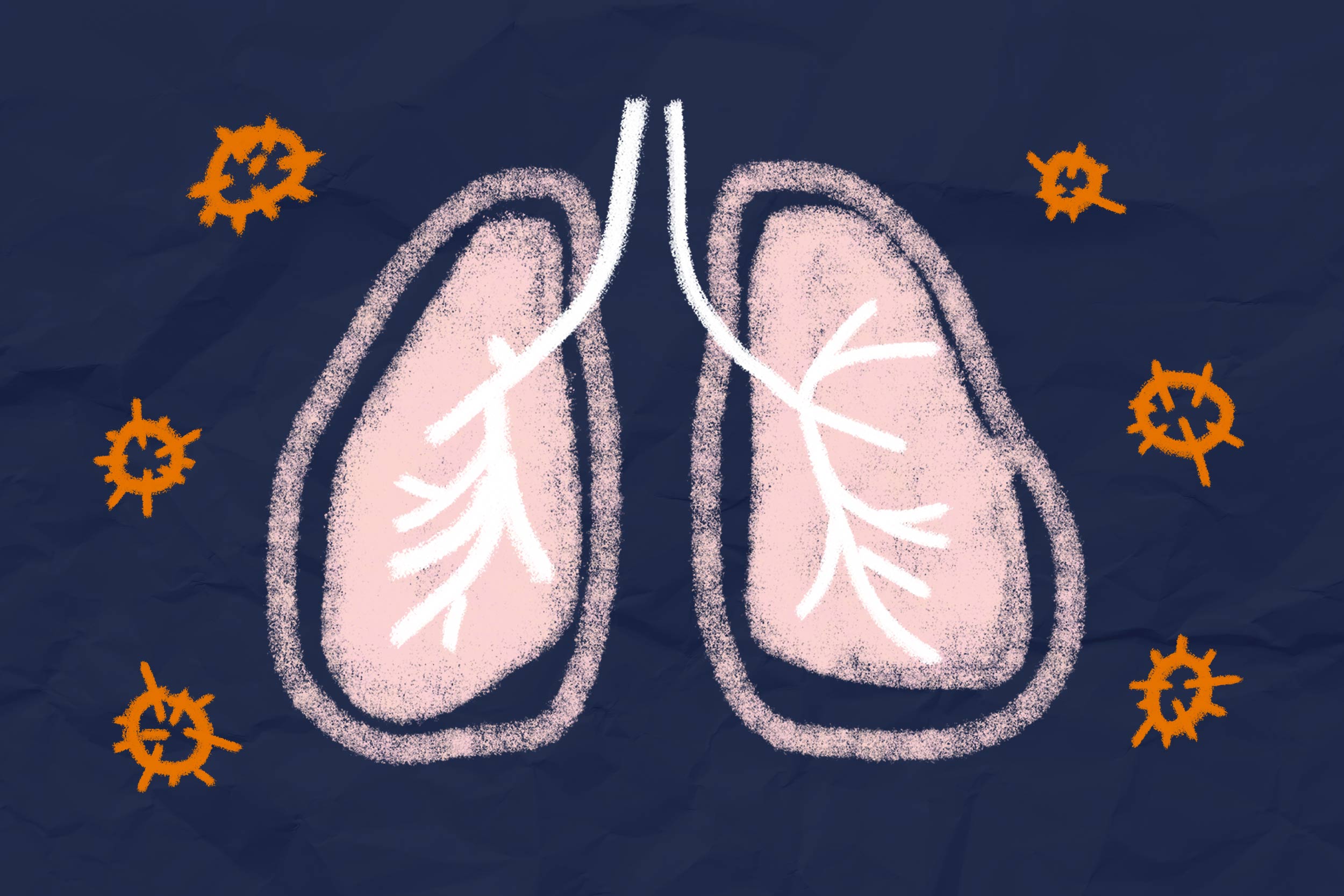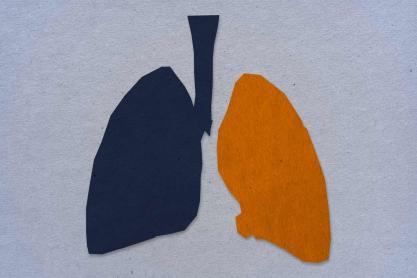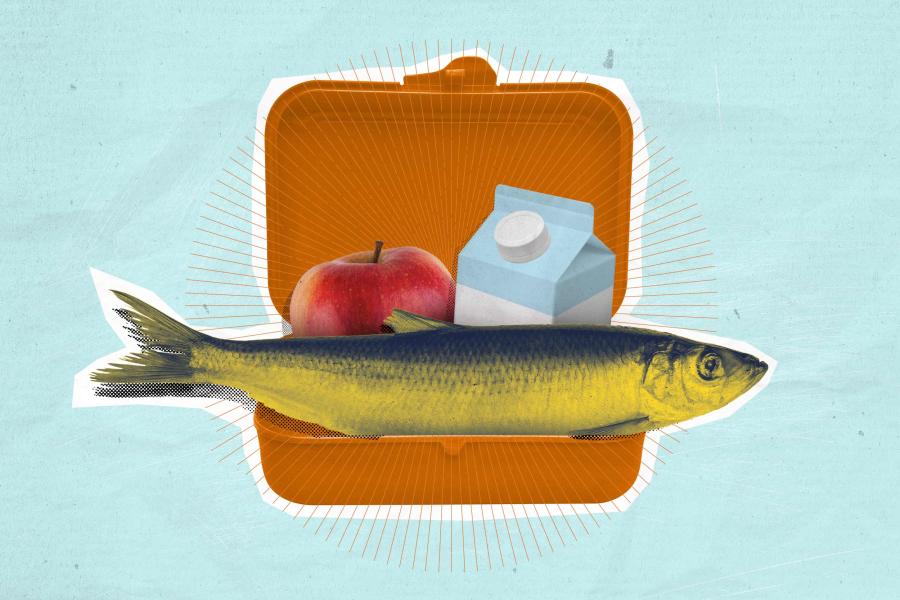Bonham and her collaborators wanted to better understand why this scarring occurs, determine if it is similar to progressive pulmonary fibrosis and see if there is a way to identify patients at risk.
Researchers followed 16 UVA Health patients who survived severe COVID-19, including 14 who were hospitalized and placed on a ventilator during treatment. All had trouble breathing and suffered fatigue and abnormal lung function at their first outpatient checkup.
After six months, researchers found that the patients could be divided into two groups. One group’s lung health improved, prompting the researchers to label them “early resolvers.” The other group, dubbed “late resolvers,” continued to suffer lung problems and pulmonary fibrosis.
Looking at blood samples taken before the recovery paths diverged, the team found that late resolvers had significantly fewer immune cells known as monocytes – white blood cells that play a critical role fending off disease – circulating in their blood. The cells were abnormally depleted in patients who continued to suffer lung problems compared both to those who recovered and healthy control subjects.
The decrease in monocytes also correlated with the severity of the patients’ ongoing symptoms. That suggests that doctors may be able to use a simple blood test to identify patients likely to suffer long-haul COVID and to improve their care.
“About half of the patients we examined still had lingering, bothersome symptoms and abnormal tests after six months,” Bonham said. “We were able to detect differences in their blood from the first visit, with fewer blood monocytes mapping to lower lung function.”
The researchers also wanted to determine if severe COVID-19 could cause progressive lung scarring like idiopathic pulmonary fibrosis. They found the two conditions had very different effects on immune cells, suggesting that even though symptoms were similar, the underlying causes were very different. This held true in patients with the most persistent long-haul COVID-19 symptoms.
“Idiopathic pulmonary fibrosis is progressive and kills patients within three to five years,” Bonham said. “It was a relief to see that all our COVID patients, even those with long-haul symptoms, were not similar.”
Because of the small numbers of participants in UVA’s study, and because they were mostly male (for easier comparison with idiopathic pulmonary fibrosis, a disease that strikes mostly men), the researchers say larger studies with other medical centers are needed to bear out the findings.
Still, they are hopeful that their new discovery will provide doctors a useful tool to identify COVID-19 patients at risk for long-haul lung problems and help guide them to recovery.
“We are only beginning to understand the biology of how the immune system impacts pulmonary fibrosis,” Bonham said. “My team and I were humbled and grateful to work with the outstanding patients who made this study possible.”
Findings Published
The researchers have published their findings in the scientific journal Frontiers in Immunology. The research team consisted of Grace C. Bingham, Lyndsey M. Muehling, Chaofan Li, Yong Huang, Shwu-Fan Ma, Daniel Abebayehu, Imre Noth, Jie Sun, Judith A. Woodfolk, Thomas H. Barker and Bonham. Noth disclosed that he has received personal fees from Boehringer Ingelheim, Genentech and Confo unrelated to the research project. In addition, he has a patent pending related to idiopathic pulmonary fibrosis. Bonham and all other members of the research team had no financial conflicts to disclose.
To keep up with the latest medical research news from UVA, subscribe to UVA Health’s Making of Medicine blog.
The UVA research was supported by the National Institutes of Health, grants R21 AI160334 and U01 AI125056; NIH’s National Heart, Lung and Blood Institute, grants 5K23HL143135-04 and UG3HL145266; UVA’s Engineering in Medicine Seed Fund; the UVA Global Infectious Diseases Institute’s COVID-19 Rapid Response; a UVA Robert R. Wagner Fellowship; and a Sture G. Olsson Fellowship in Engineering.







